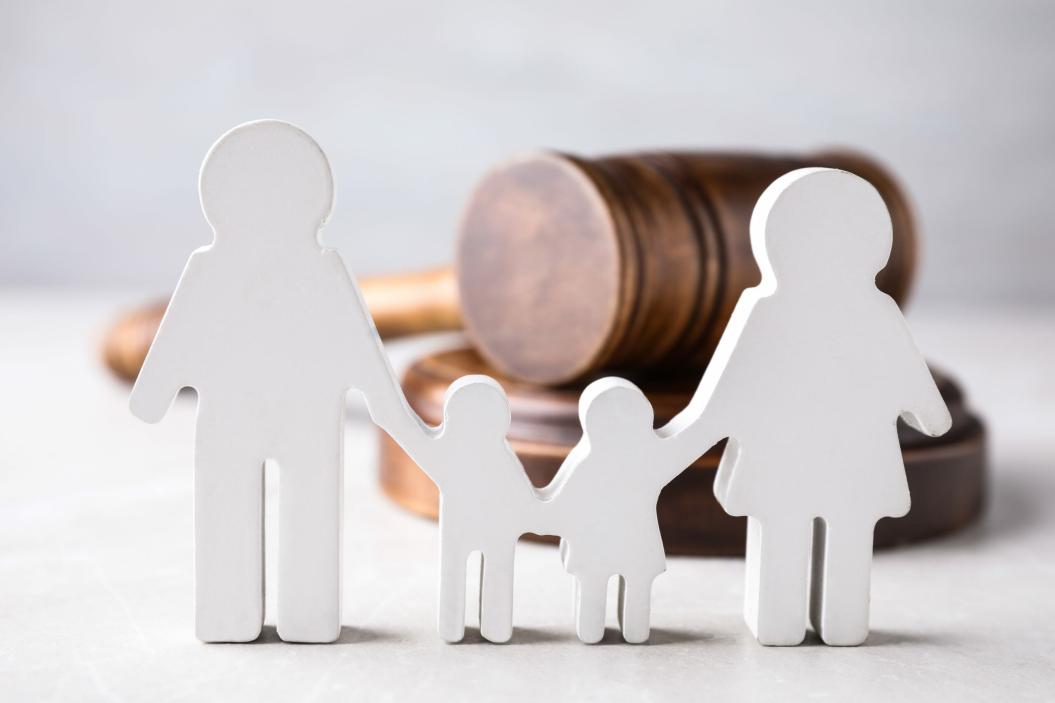What are the Legal Implications of Adoption?
Adoption is a legal process that creates a permanent parent-child relationship between a child and adoptive parents. It involves the transfer of parental rights and responsibilities from the biological parents to the adoptive parents, and it has significant legal implications for all parties involved.

Legal Implications Of Adoption
- Parental Rights and Responsibilities:
- Child's Rights and Status:
- Adoption Records and Confidentiality:
- International Adoption:
- Adoption and Discrimination:
- Adoption and Same-Sex Couples:
Upon adoption, the adoptive parents assume all parental rights and responsibilities for the adopted child. This includes the right to make decisions about the child's upbringing, education, medical care, and religious affiliation. The adoptive parents also have the legal obligation to provide for the child's financial support and well-being.
Adoption legally recognizes the adopted child as the legitimate child of the adoptive parents. The child is entitled to all the rights and privileges of a biological child, including inheritance rights, social security benefits, and access to the adoptive parents' medical history and genetic information.
In most jurisdictions, adoption records are sealed to protect the privacy of the biological parents and the adopted child. The adopted child may have limited access to these records upon reaching adulthood, but there are exceptions to confidentiality in certain circumstances, such as when the child needs medical information or when there is a suspicion of abuse or neglect.

International adoption involves complex legal issues, including intercountry agreements and regulations. The Hague Convention on Protection of Children and Co-operation in Respect of Intercountry Adoption sets out international standards for intercountry adoption to ensure the protection of children's rights.
Anti-discrimination laws protect adopted children from discrimination based on their adoption status. Adopted children have the same rights and opportunities as biological children, and any discrimination against them is illegal. Legal remedies are available to address discrimination against adopted children.

The legal recognition of same-sex couples' right to adopt varies across jurisdictions. In some countries, same-sex couples are legally allowed to adopt children, while in others, there are legal challenges and barriers to adoption by same-sex couples. The legal landscape regarding adoption by same-sex couples is evolving, and there have been significant legal battles and advancements in recent years.
Adoption has profound legal implications for all parties involved. It creates a permanent parent-child relationship, transfers parental rights and responsibilities, and establishes the legal status of the adopted child. Legal safeguards and ethical considerations are essential to ensure the protection of the rights of the child, the adoptive parents, and the biological parents.
As adoption continues to evolve, legal reforms are necessary to address emerging issues and challenges. These reforms should focus on promoting the best interests of the child, protecting the rights of all parties involved, and ensuring that adoption is conducted in a fair and ethical manner.
YesNo

Leave a Reply